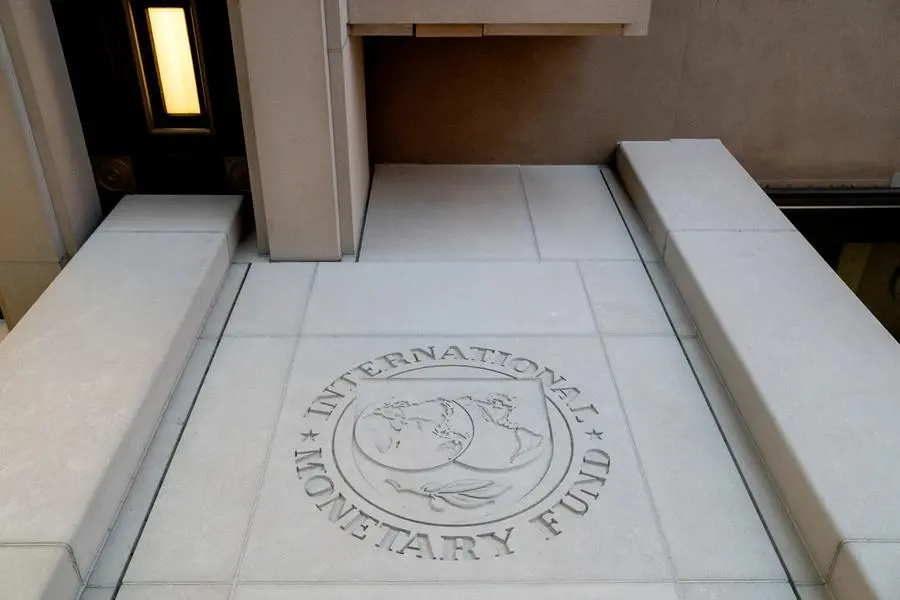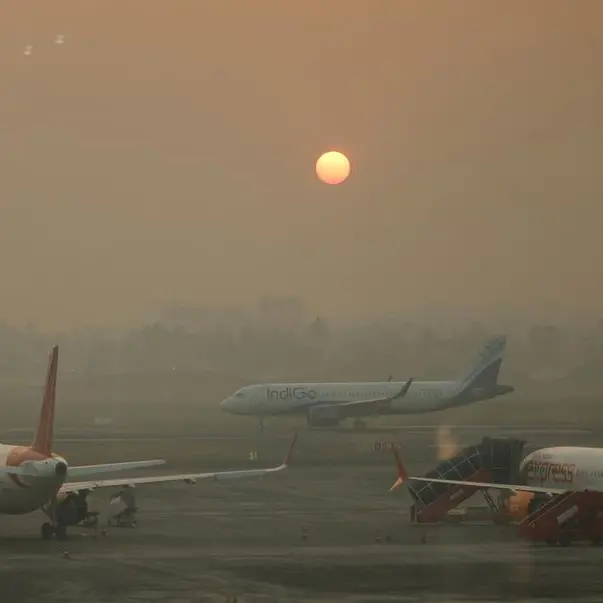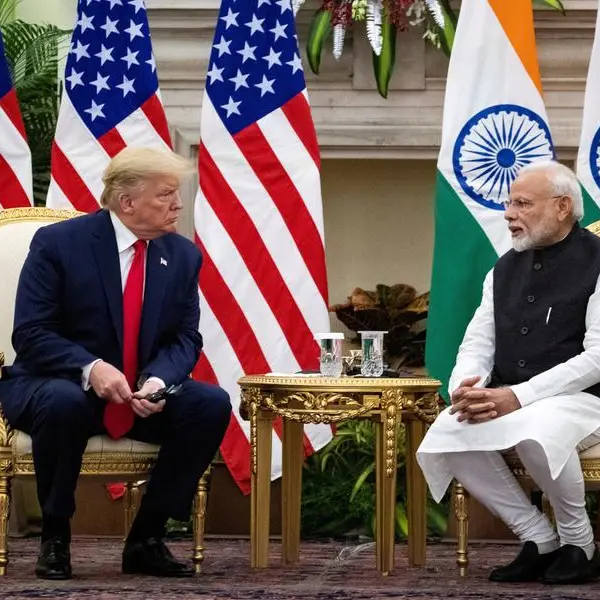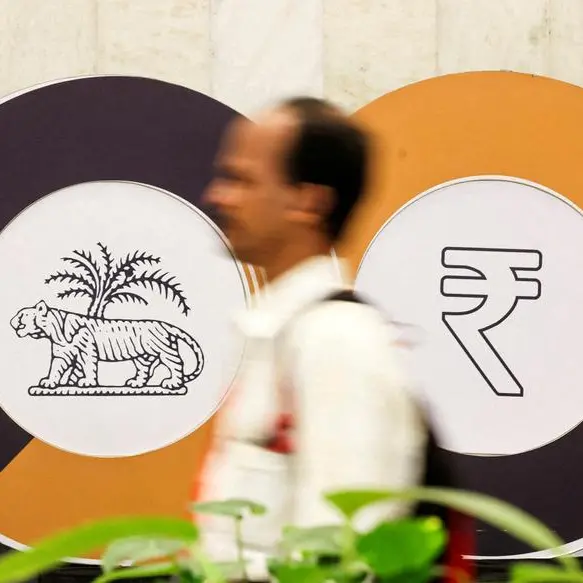PHOTO
Sri Lanka must not allow entrenched corruption to undermine a bailout for its bankrupt economy, the IMF said Tuesday after signing off on a $3 billion loan for the crisis-hit nation.
The International Monetary Fund approved its long-delayed rescue programme on Monday after China, the South Asian island's biggest bilateral lender, offered debt relief assurances.
But it said the rescue was conditional on tackling the deep-rooted culture of graft and government mismanagement blamed for tipping Sri Lanka into an unprecedented economic crisis last year.
Peter Breuer, the IMF mission chief in Sri Lanka, said the government had agreed to enact tougher anti-corruption laws within months during the bailout negotiations.
"We emphasise the importance of anti-corruption and governance reforms as a central pillar of the programme," he told reporters.
President Ranil Wickremesinghe said the latest rescue would allow him to ease a range of import bans imposed since March 2020 to shore up foreign exchange reserves.
"The world has accepted that Sri Lanka is no longer a bankrupt country," he said in a national address. "Normal transactions can resume."
Sri Lanka's tea-and-tourism economy is no stranger to crisis, and Monday's bailout is the 17th loan facility negotiated with the IMF since 1965.
Its last programme, agreed in 2016, was scuttled by Colombo after a change of government three years later.
"Every few years, we seem to go back to the Fund because we don't seem to be able to put our house in order," Murtaza Jafferjee of the Colombo-based Advocata Institute think-tank told AFP.
"But one is hopeful that because the crash was so steep this time, that there will be an awakening and there will be permanent changes."
Sri Lanka once again went to the Washington-based lender of last resort shortly before defaulting on its $46 billion foreign debt last April.
A critical shortage of foreign exchange had left the island nation unable to finance even the most essential imports, causing severe food and fuel shortages.
Sri Lanka's 22 million people also endured runaway inflation and prolonged blackouts, inflaming public anger as the crisis worsened.
Huge protests against economic mismanagement and government corruption eventually forced then-president Gotabaya Rajapaksa to flee the country and resign in July.
Rajapaksa belongs to a powerful political family accused of squandering public money on vanity projects backed by unsustainable loans from China, which owned around 10 percent of Sri Lanka's foreign debt.
- 'We are basically doomed' -
News of the bailout was greeted with little fanfare among ordinary Sri Lankans bracing for more pain ahead.
"This is not something we should celebrate with pride," retired police officer Charlotte Somaseeli, 67, told AFP.
"This is an indicator of the desperate situation we are in as a country."
Company director Gehard Mendis, 59, said he doubted the rescue package would herald an end to Sri Lanka's economic misery.
"The IMF deal is also a loan. It will increase our debt burden," Mendis told AFP. "We are basically doomed."
President Wickremesinghe, who took office after his predecessor fled the country, committed to sharp tax rises and an end to energy subsidies to shore up state revenue.
The austerity measures prompted strikes that crippled the health and transport sectors last week, with trade unions promising further industrial action.
Wickremesinghe has said Sri Lanka has no alternative but to follow the IMF's reform programme after a record 7.8 percent economic contraction last year.





















